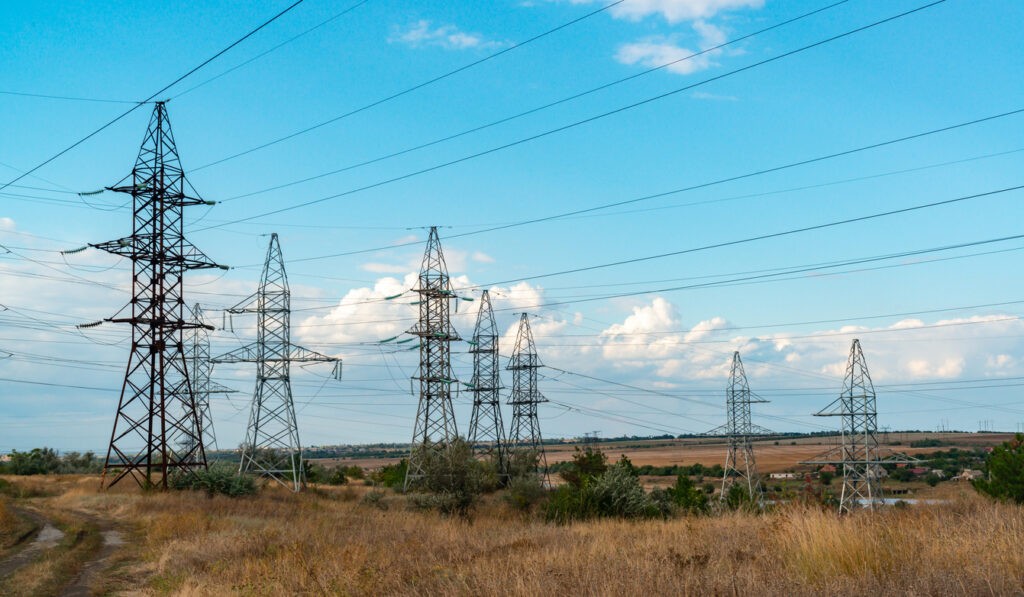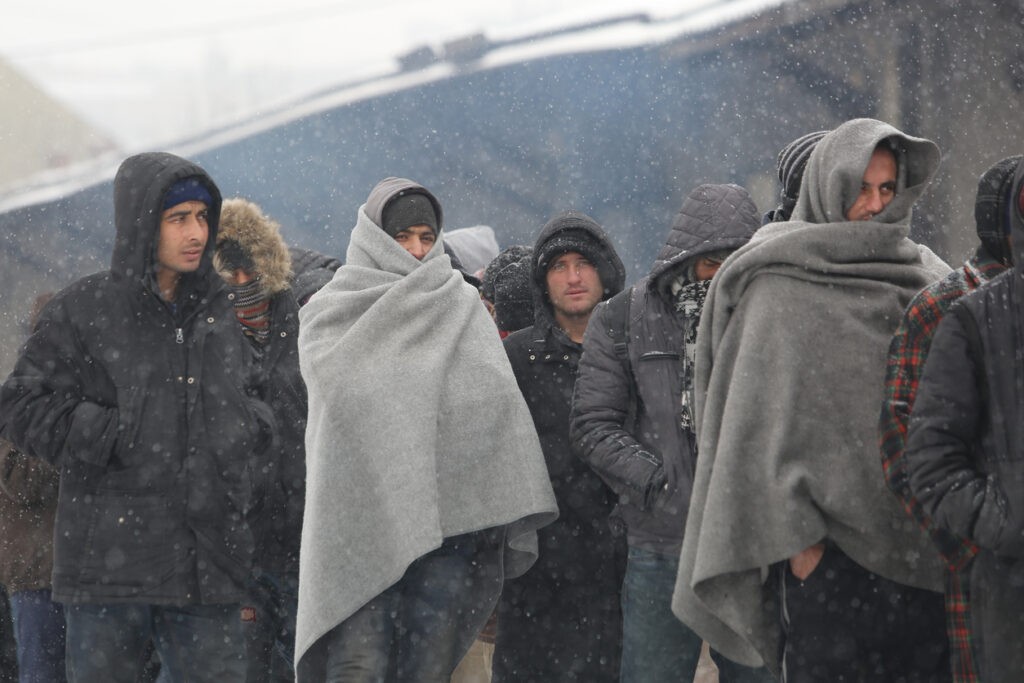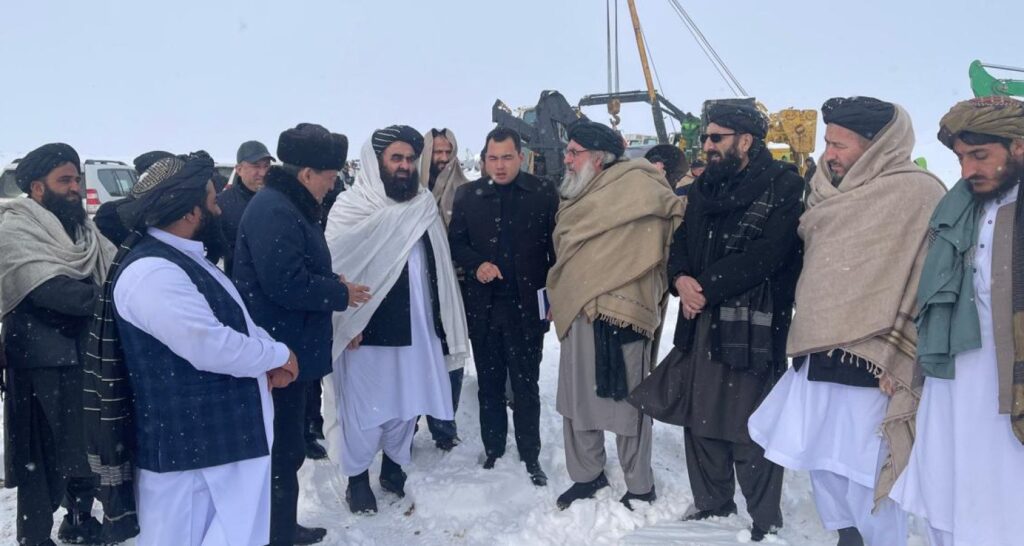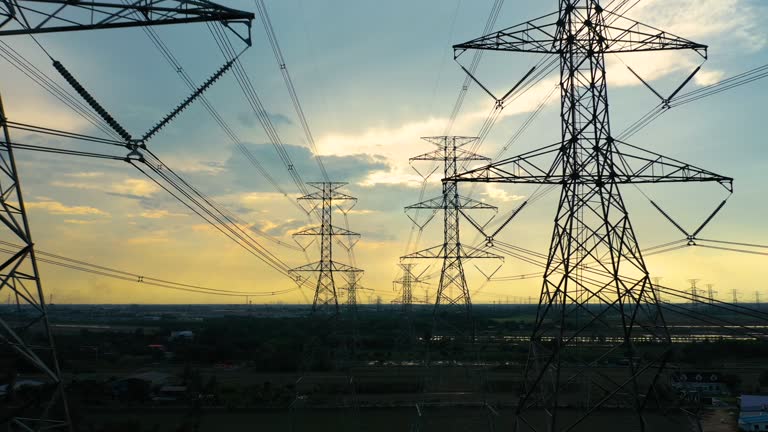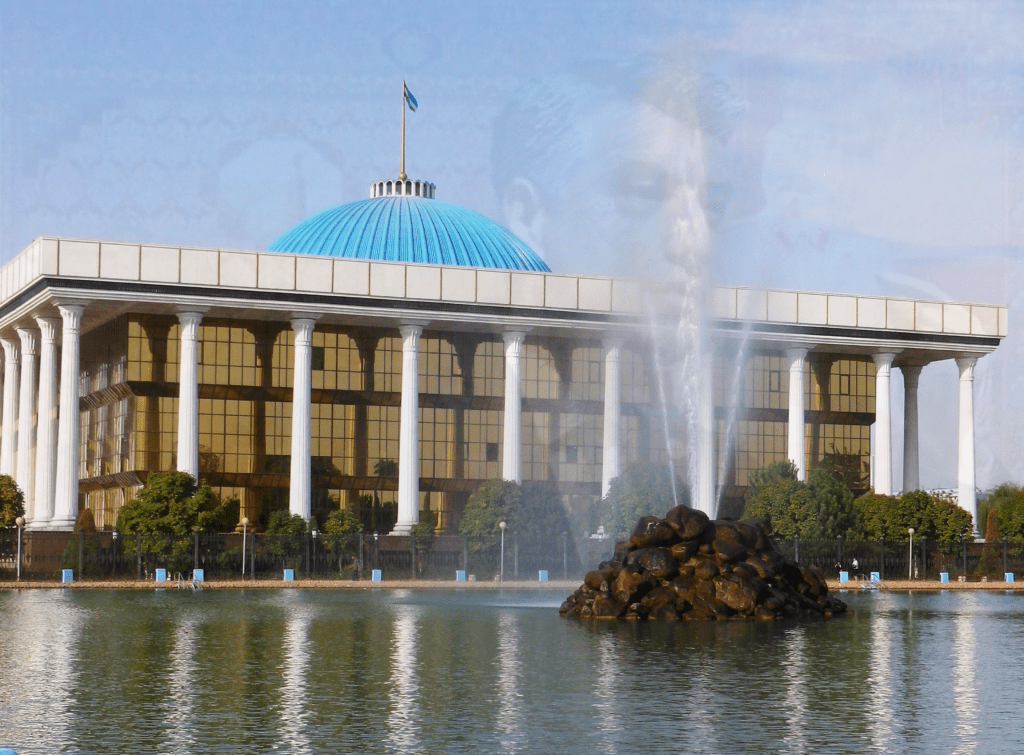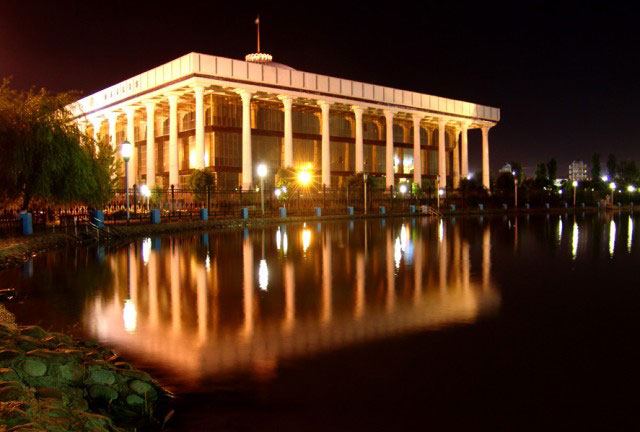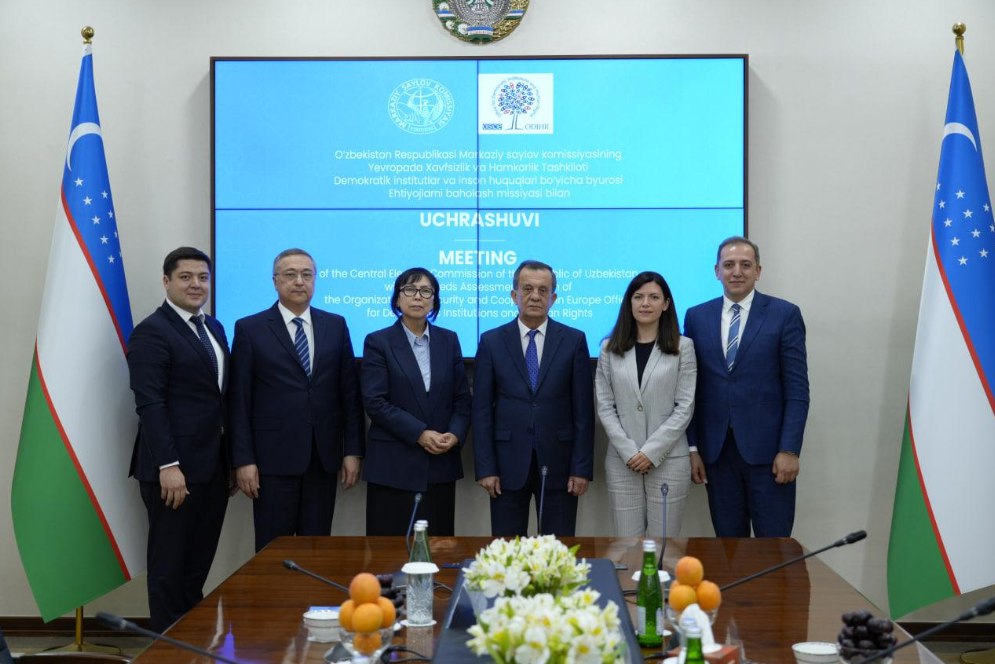KABUL (TCA) — Polls have closed in Afghanistan’s presidential election with voting marred by several attacks and reports of problems at polling stations, RFE/RL’s Radio Free Afghanistan reports.
Fifteen candidates were on the ballot, but the race was widely seen as a two-horse race between President Ashraf Ghani, who is seeking another five-year term, and Chief Executive Officer Abdullah Abdullah.
Soon after polls opened across the country earlier on September 28, officials in the southern city of Kandahar reported an explosion at a mosque serving as a polling station. Local hospital officials later said at least 15 people had been wounded in the blast, three seriously.
In response to a spate of Taliban attacks in recent weeks, the government has bolstered security to try to ensure what could be the second-ever democratic transition of power in the war-wracked country of 35 million people.
Some 72,000 security personnel were deployed to secure polling centers across the country, which opened at 7 a.m. and were originally scheduled to close at 3 p.m., but the Independent Election Commission later extended voting by two hours until 5 p.m.
More than 2,000 out of 7,000 polling stations were closed due to the threat of militant attacks. In the past, the Taliban has bombed polling centers and targeted voters, and in recent weeks has warned of more bloodshed if the election takes place.
Besides the attack in Kandahar, there were also reports of sporadic rocket attacks elsewhere in the country on September 28.
And Reuters reported that explosions also hit the Afghan cities of Kabul, Ghazni and Jalalabad.
Later reports spoke of insurgents firing mortars on the northern city of Kunduz.
Around 9.6 million Afghans were registered to vote in the election, the fourth presidential vote since the U.S.-led invasion toppled the Taliban in 2001.
Yousef Rashid, the head of the Free and Fair Election Forum of Afghanistan, said earlier in the day that voting was generally smoother than in the past, but difficulties had been reported across the country, including problems with the biometric voting devices that are meant to combat voter fraud.
Ghani, 70, and Abdullah, 59, have led a deeply unpopular and fractured national-unity government since a U.S.-brokered power-sharing agreement following a disputed, fraud-marred presidential election in 2014.
A Pashtun, Ghani is from the largest ethnic group. He is a Western-educated technocrat who has served as finance minister. Abdullah, a trained ophthalmologist, was a senior member of the anti-Taliban Northern Alliance and has support among ethnic Tajiks, the country’s second-largest group.
Other high-profile candidates include former intelligence chief Rahmatullah Nabil and Gulbuddin Hekmatyar, the notorious former warlord and militant leader.
If no candidate receives a majority in the first-round vote, a second round will be held on November 23 between the top two finishers.
Preliminary results for the September 28 vote are expected on October 19, allowing electoral bodies to process complaints and tally votes sent to Kabul from remote areas of the mountainous country.
The final results are expected to be announced on November 7.

